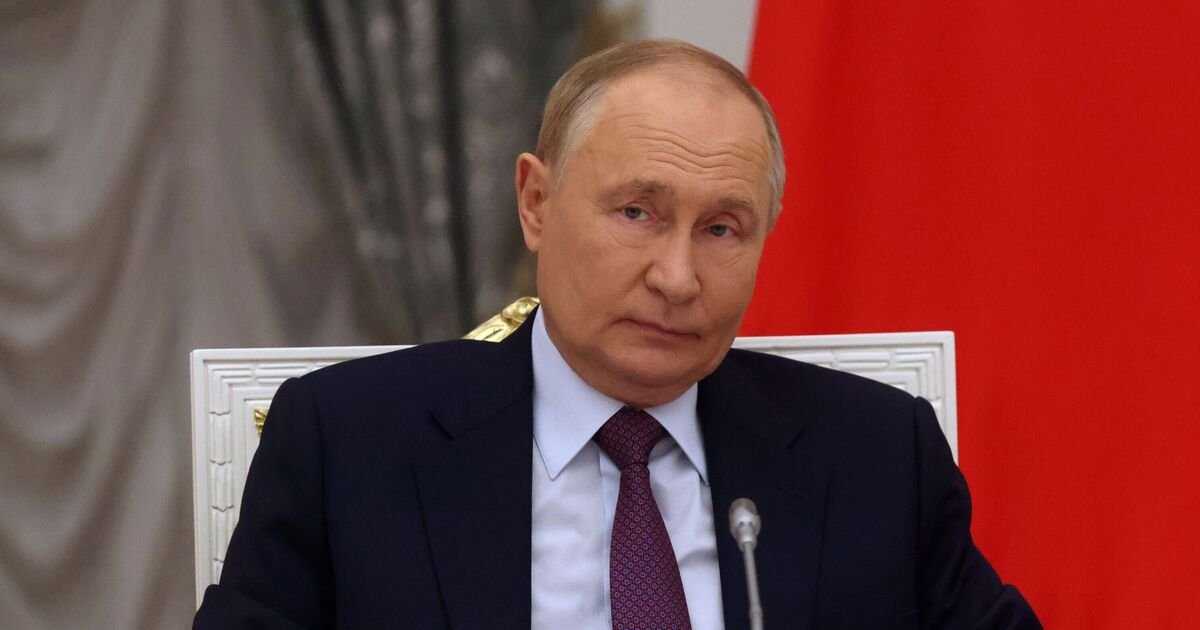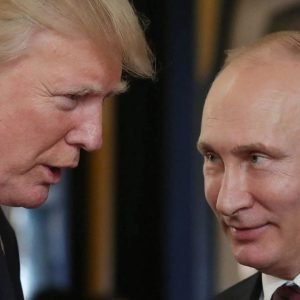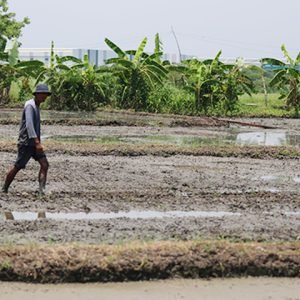
Vladimir Putin is reportedly feeling the strain of economic pressures that resemble those that led to the collapse of the Soviet Union.
Forced to increase defence spending while cutting back on social services, Russia’s president is grappling with the financial toll of the ongoing war in Ukraine, Western officials say.
Despite ongoing hopes for a breakthrough, the conflict is expected to continue grinding on in eastern Ukraine.
This week, Russian forces captured the strategic town of Vuhledar, while Ukraine launched surprise attacks in Russia’s Kursk region. But the strain of war is visible in Russia’s economic decisions.
Russia’s central bank recently raised interest rates to 19 percent – a consequence of Western sanctions and labour shortages in critical sectors.
Draft budget documents also showed Moscow plans to boost national defence spending by a quarter in 2025 to 6.3 percent of GDP – the highest level since the Cold War.
In contrast, the Russian government is cutting back on social services, including pensions by around 15 percent.
“So Putin knows his economy is under pressure,” a Western official said, adding this mirrors the economic strain that contributed to the Soviet Union’s downfall.
They also stressed: “He takes the advice of the central bank governor, because he is very well aware that this is what brought down the Soviet Union.
“But this is a very high interest rate, and it’s not really addressing the underlying inflation, the critical shortages in componentry [caused by Western sanctions] and in manpower.
“I’m not suggesting an imminent sort of financial crisis in Russia. What I am saying is that there is mounting economic and political pressure which will build over 2025.”
On top of that, Putin’s hesitation to extend mobilisation, fearing further economic disruption, means Russia faces daily casualties of around 1,200 soldiers, according to estimates.
However, US officials stress while the economic situation is precarious, there is no immediate financial collapse on the horizon.
Russia’s military spending is projected to rise to 13.5 trillion roubles (£110.5 billion) by 2025, more than double the amount allocated for social needs, Al Jazeera reports.
Defence spending will account for 32 percent of the overall budget, a figure not seen since the late Soviet era when the USSR was engaged in the costly war in Afghanistan.
Russia’s Ministry of Finance stressed that the increased funds would be used to equip the military, pay soldiers, and support the defence industry.
About 10 percent of this spending will go towards military personnel salaries, with front-line wages reaching record highs.
Meanwhile, the budget deficit is forecast to grow in 2024 and 2025 due to lower oil and gas revenues, which have long been a backbone of Russia’s economy.
As Finance Minister Anton Siluanov put it, the country is slowly moving away from its dependency on oil and gas, but the shift is contributing to economic uncertainty.






